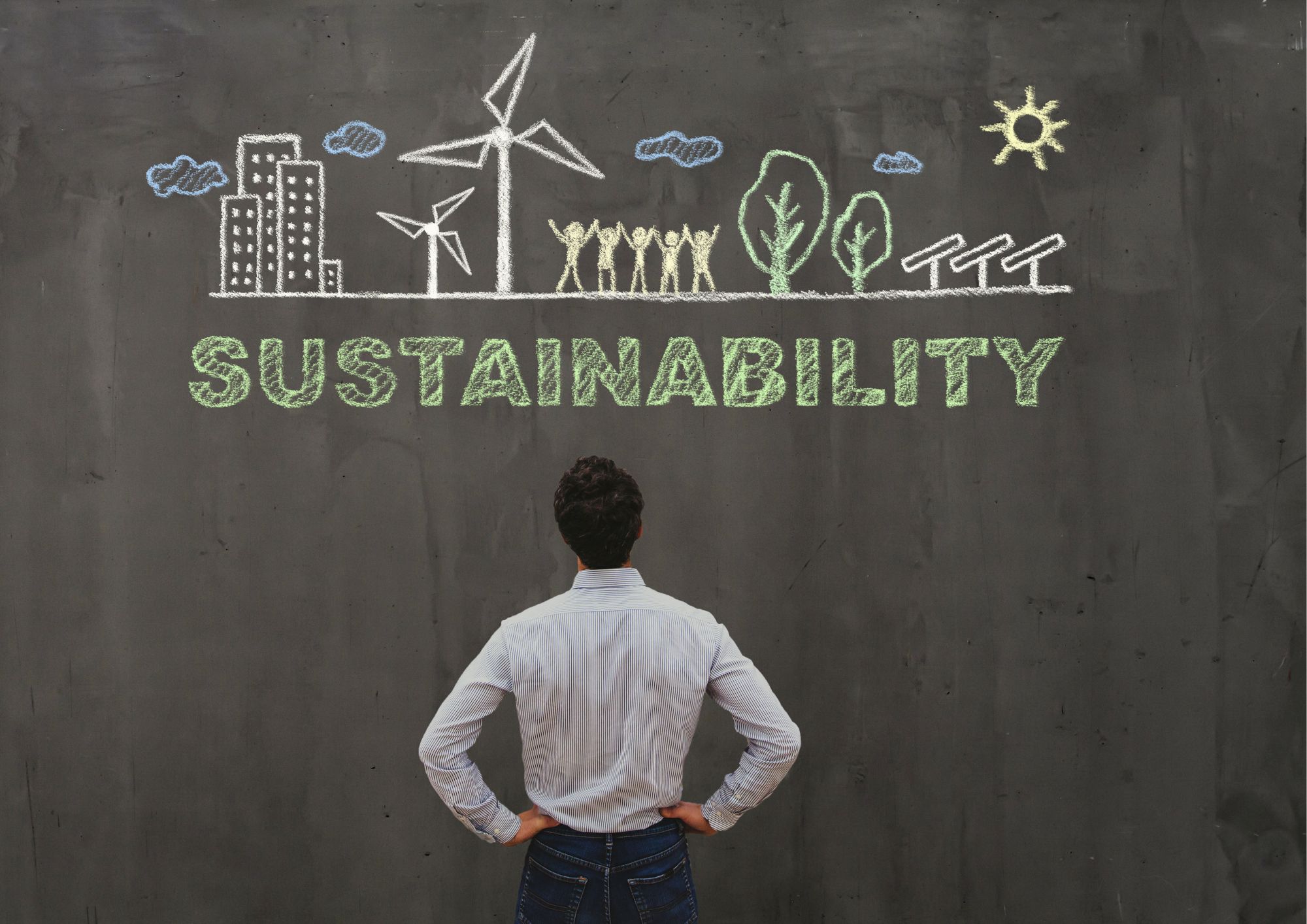As the world grapples with climate change and resource depletion, sustainable energy solutions are becoming increasingly important.
Intelligent automation plays a pivotal role in revolutionizing the renewable energy sector, making it more efficient and resilient.
In this in-depth article, we will explore how intelligent automation drives sustainable energy solutions, focusing on grid management, energy efficiency, and the integration of renewable energy sources.
Get ready to be enlightened by facts, figures, and real-life examples that demonstrate the power of this cutting-edge technology.
Section 1: Sustainable Energy and Intelligent Automation
The global sustainable energy market is expected to reach $1.5 trillion by 2025, thanks to the increasing adoption of renewable energy sources and advancements in intelligent automation.
The combination of these two sectors is unlocking new opportunities for innovation and environmental protection.
Intelligent automation refers to the use of advanced technologies such as Artificial Intelligence (AI), Machine Learning (ML), and the Internet of Things (IoT) to automate complex processes, improve efficiency, and optimize decision-making.
In the context of sustainable energy, intelligent automation helps in managing energy generation, distribution, and consumption more effectively.
Section 2: Renewable Energy Integration
Integrating renewable energy sources such as solar, wind, and hydroelectric power into existing power grids is a challenging task. However, intelligent automation can streamline this process and ensure seamless integration.
For instance, AI and ML can be used to analyze weather data and accurately predict renewable energy generation, enabling better grid management.
A notable example is Google’s DeepMind AI, which has successfully reduced the energy consumption of its data centers by 40% through intelligent automation.
By predicting the energy output of wind farms 36 hours in advance, DeepMind enables Google to efficiently integrate wind energy into its energy mix, making a significant contribution to the company’s sustainability goals.
Section 3: Smart Grid Management
Intelligent automation is at the core of smart grid management, which is crucial for sustainable energy solutions.
By employing AI, ML, and IoT technologies, smart grids can monitor and control the flow of electricity, ensuring optimal utilization and preventing wastage.
One such example is the Pacific Northwest National Laboratory’s (PNNL) GridOPTICS project. This project utilizes intelligent automation to improve grid management by analyzing data from millions of sensors and devices.
The result is a more resilient and efficient power grid that can easily adapt to fluctuations in energy supply and demand.
Section 4: Intelligent Automation for Energy Efficiency
Energy efficiency is an essential aspect of sustainable energy solutions. By incorporating intelligent automation, industries and households can optimize their energy consumption and reduce their carbon footprint.
For example, IoT-enabled smart thermostats can analyze user behavior and adjust temperature settings accordingly, leading to energy savings of up to 20%.
Another example is the use of AI and ML in industrial settings to optimize energy-intensive processes, such as manufacturing and logistics. By analyzing vast amounts of data, these technologies can identify inefficiencies and recommend adjustments that result in significant energy savings.
Section 5: Future of Sustainable Energy
The future of sustainable energy is undoubtedly intertwined with intelligent automation.
As renewable energy sources become more prevalent and technology continues to advance, we can expect to see even more innovative solutions to our global energy challenges.
In the coming years, we may witness the development of advanced microgrids that leverage intelligent automation for efficient energy distribution, even in remote areas.
Additionally, we can anticipate further integration of renewable energy sources into our daily lives, from electric vehicles to smart homes that optimize energy consumption based on real-time data.
Moreover, as intelligent automation continues to evolve, we can expect the emergence of new business models and services tailored to the sustainable energy sector.
These developments will not only contribute to a greener, more resilient energy infrastructure but also drive economic growth and job creation in the renewable energy industry.
Summary
Intelligent automation is undeniably a game-changer in driving sustainable energy solutions.
By optimizing renewable energy integration, enabling smart grid management, and promoting energy efficiency, this cutting-edge technology is transforming the way we generate, distribute, and consume energy.
As we strive to combat climate change and create a more sustainable future, intelligent automation will be a crucial ally in our journey toward a greener tomorrow.
So, the next time you hear about sustainable energy and intelligent automation, remember that this powerful combination is not only about preserving our environment but also about fostering innovation, economic growth, and a better quality of life for all.
Embrace the future of renewable energy and join the green revolution today! 😊
Thank you for reading our blog, we hope you found the information provided helpful and informative. We invite you to follow and share this blog with your colleagues and friends if you found it useful.
Share your thoughts and ideas in the comments below. To get in touch with us, please send an email to dataspaceconsulting@gmail.com or contactus@dataspacein.com.
You can also visit our website – DataspaceAI


